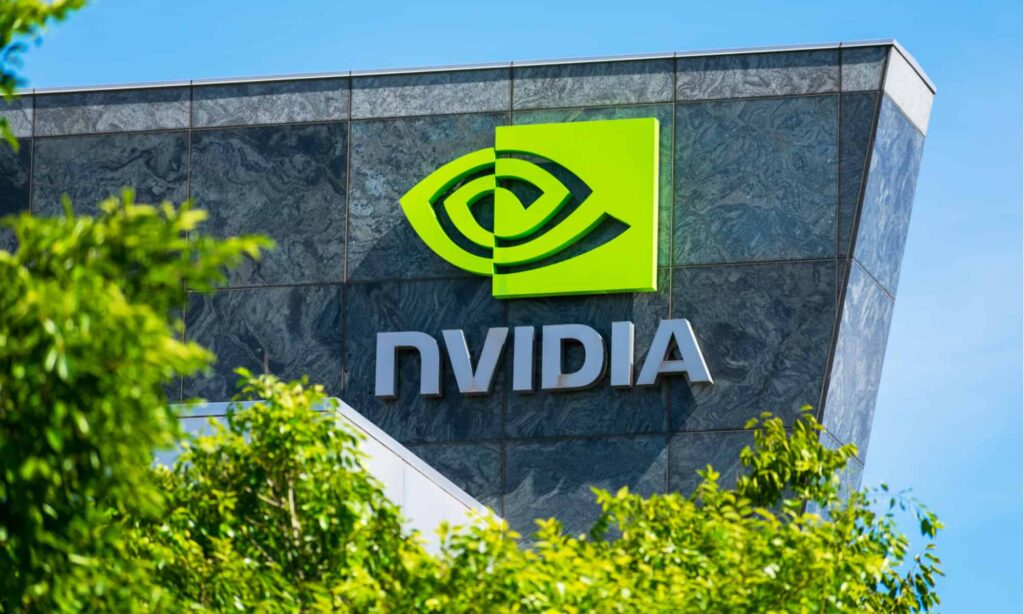PTBP Web Desk
China’s State Administration for Market Regulation (SAMR) announced on Monday an investigation into Nvidia Corp over alleged breaches of the country’s anti-monopoly laws. This development is widely viewed as a retaliatory move against the United States’ escalating restrictions on China’s semiconductor industry.
The SAMR’s statement, while lacking detailed specifics, indicated that Nvidia, a leader in artificial intelligence (AI) and gaming chip technology, is suspected of violating commitments made during its 2020 acquisition of Israeli chip designer Mellanox Technologies. This deal was conditionally approved under terms stipulated by the Chinese regulator. Nvidia has yet to respond to the allegations.
The news caused Nvidia’s shares to dip by 2.2% in pre-market trading in New York, reflecting immediate investor concern over the implications of this investigation.
This investigation unfolds against the backdrop of heightened tensions between the U.S. and China in the tech sector. Last week, Washington intensified its crackdown on China’s semiconductor industry, introducing its third major round of export restrictions in three years. The latest measures have placed limitations on exports to 140 entities, including Chinese chip equipment manufacturers.
China’s response has been swift and decisive. Beijing imposed bans on the export of critical minerals such as gallium, germanium, and antimony to the U.S., essential materials for semiconductor production. Additionally, four prominent Chinese industry associations issued a coordinated statement warning domestic companies to reduce reliance on U.S. chips, emphasizing the need to prioritize local alternatives. The associations branded U.S. chips as “no longer safe.”
Nvidia has found itself increasingly entangled in the U.S.-China technological conflict. Earlier export restrictions imposed by the U.S. prevented Nvidia from selling its most advanced AI chips to China. This prompted the company to design new chip versions specifically tailored to comply with U.S. export controls.
Despite these adjustments, Nvidia’s dominance in the Chinese AI chip market has been challenged. Before the U.S. export curbs, Nvidia held over 90% of the market share. However, domestic rivals such as Huawei are rapidly gaining ground. Nvidia’s revenue from China has also experienced a significant decline, dropping from 26% two years ago to 17% in the fiscal year ending January 2023.
The ongoing U.S.-China tech rivalry underscores the strategic importance of the semiconductor industry, a critical driver of technological and economic growth. Nvidia’s investigation marks a pivotal moment, as it could reshape the competitive dynamics of the global AI and chip market.
China’s focus on bolstering its domestic chip industry aligns with its broader ambition to achieve technological self-reliance. If the investigation leads to sanctions or operational constraints for Nvidia, it may accelerate China’s efforts to develop homegrown alternatives, further intensifying the competition.
The outcome of the SAMR’s investigation remains uncertain, but its implications could be far-reaching. For Nvidia, this probe presents potential legal and financial challenges, while for China, it represents a strategic maneuver in the broader context of its tech competition with the U.S.
Both countries continue to assert their dominance in the global technology landscape, and Nvidia’s case is unlikely to be an isolated instance. Companies operating at the intersection of U.S.-China relations may face similar scrutiny as geopolitical tensions persist.




